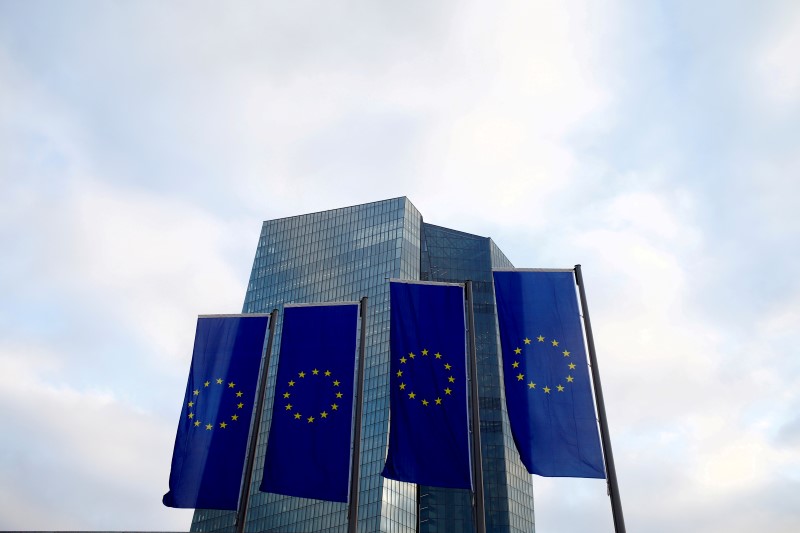By Francesco Guarascio
BRUSSELS (Reuters) - The European Union could raise more funds from national taxes specially earmarked to finance particular programmes under plans flagged on Wednesday by an advisory group hoping to make the bloc more transparent and closer to citizens.
Under the plan, the EU could raise more revenues directly from member states' taxes, which currently constitute only about 10 percent of its total budget.
This could help reduce the bitter wrangling among the EU's 28 member states that regularly mars negotiations over the calculation of national payments to the EU budget, which currently account for more than two-thirds of EU revenues and are based on the countries' wealth.
The EU is keen to consider alternative revenues, especially in view of the planned exit of Britain, one of the largest contributors to its budget, following its June 23 referendum.
The current EU budget, totalling around one trillion euros, runs from 2014 till 2020 inclusive.
Mario Monti, a former Italian prime minister and chair of the advisory group, suggested increasing the share of EU revenues coming from taxes at the expense of the payments from national budgets.
He also proposed a direct link between taxes raised at the national level and spending on specific policies such as security.
"There are certainly ways to devise 'own resources' (EU revenues) linked to an objective, a priority or a policy. This would make the financing of the EU more understandable to our citizens," Monti told lawmakers in the European Parliament.
Monti said his group was studying the possibility of raising funds from national taxes on motor fuel, financial activities or carbon emissions.
The advisory group's non-binding suggestions, which will be finalised in a report due in December, could reduce transfers made by member states to the EU budget, Monti said.
However, EU states have traditionally guarded very jealously their right of veto over tax policy, especially when facing tight financial constraints.
